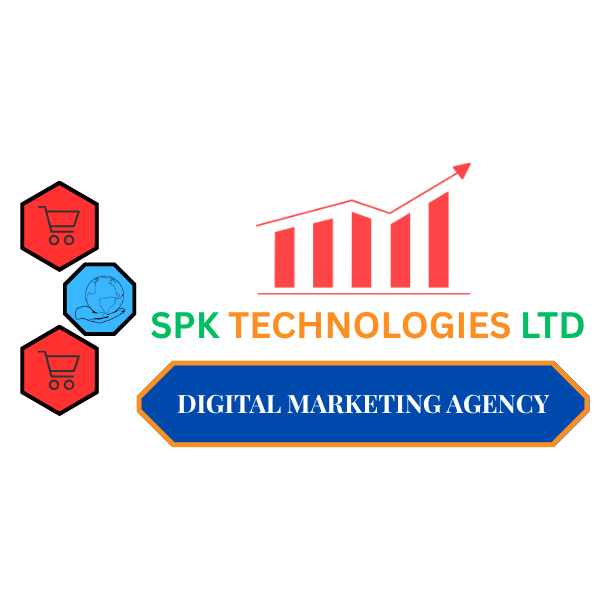1. Hyper-Personalization
AI Algorithms: Advanced AI uses complex algorithms to analyze data and predict customer behavior. This enables hyper-personalized marketing strategies that tailor content, offers, and messaging to individual preferences and past interactions.
Dynamic Content: AI systems can dynamically adjust website content, emails, and ads based on real-time data, ensuring that each user sees the most relevant information.
2. Predictive Analytics
Forecasting Trends: AI can analyze historical data to predict future trends, customer behaviors, and potential market shifts. This helps marketers anticipate changes and adjust their strategies proactively.
Lead Scoring: AI models can score leads based on their likelihood to convert, allowing sales teams to prioritize their efforts and resources more effectively.
3. Automated Campaign Management
Campaign Optimization: AI can automatically adjust bids in paid advertising campaigns (e.g., Google Ads, Facebook Ads) to maximize ROI. It can also optimize ad placements and budgets in real-time based on performance data.
A/B Testing: AI can automate and accelerate A/B testing processes by continuously testing different variations of marketing messages, landing pages, or creatives, and then applying the most effective ones.
4. Natural Language Processing (NLP)
Chatbots and Virtual Assistants: AI-powered chatbots use NLP to understand and respond to customer inquiries in real-time, providing support and generating leads without human intervention.
Content Generation: AI can create content, such as blog posts, social media updates, and product descriptions, by understanding context and audience needs.
5. Customer Segmentation
Behavioral Segmentation: AI can segment customers based on their behavior, such as purchase history, browsing patterns, and engagement levels, allowing for more targeted marketing efforts.
Psychographic Segmentation: Advanced AI can analyze customer interests, values, and lifestyles to create more nuanced customer profiles.
6. Enhanced Data Analytics
Big Data Integration: AI can process vast amounts of data from various sources (social media, CRM systems, web analytics) to provide deeper insights into customer behavior and campaign performance.
Sentiment Analysis: AI can analyze social media and customer feedback to gauge sentiment and identify emerging trends or potential issues with products or services.
7. Personalization Engines
Recommendation Systems: AI-driven recommendation engines suggest products or content based on user behavior and preferences, similar to how Netflix suggests shows or Amazon recommends products.
Dynamic Pricing: AI can adjust prices in real-time based on demand, competition, and customer behavior, optimizing revenue and profitability.
8. Automated Content Scheduling and Distribution
Optimal Timing: AI can determine the best times to post content on various platforms to maximize engagement and reach.
Cross-Channel Consistency: AI ensures that marketing messages are consistent across different channels, such as email, social media, and websites.
9. Enhanced ROI Tracking
Attribution Modeling: AI can provide more accurate attribution models to understand which channels and touchpoints contribute most to conversions, helping allocate budget more effectively.
Performance Metrics: AI can track and analyze a wide range of performance metrics, providing actionable insights and detailed reports on marketing effectiveness.
10. Advanced Customer Journey Mapping
Journey Analysis: AI can map out complex customer journeys, identifying key touchpoints and optimizing the experience at each stage.
Churn Prediction: AI can predict which customers are at risk of churning and trigger personalized retention strategies to re-engage them.
